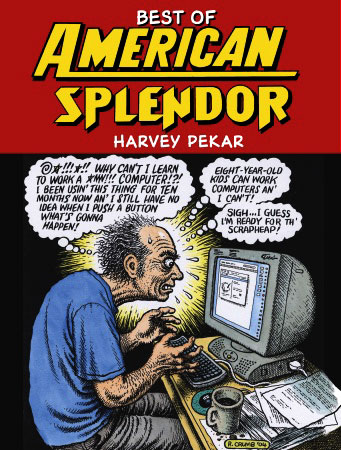
He’s also a self-publisher. From Wikipedia on American Splendor:
Pekar produced seventeen issues of American Splendor from 1976 to 1993, which, except for the last few issues, he also self-published and self-distributed. By keeping back issues in print and available (contrary to the industry practice of the time), Pekar continued to receive income on previously-completed work.
From an interview with Pekar (deleted link, suspected malware from Cagle.com):
Ottaviani: Why do you think self-publishing is good in comics, but perceived as bad in the prose, book-publishing industry? I mean, you probably don’t give much thought to, or even receive, prose from the vanity presses. Is it perhaps the presence of ads for the rest of the line of books, making your work shill for other books, all in some house style of questionable artistic merit?
Pekar: Self-published comics, especially those viewed as artistically successful, are welcomed by some as striking a blow against the comic-book oligopoly of Marvel and DC. Plus, they’re frequently alternative comics and appeal to alternative comic fans who have no use for superhero comics. By contrast there are more viable small-press “prose” publishers who don’t really provide an alternative to genre work.
Brabner [Pekar’s wife and collaborator]: Are vanity publishers even still around, now that we have desktop publishing and paperless publishing on the Internet? The lady who paid someone to publish memoirs of her poodle can now do the job herself. Your “prose, book-publishing industry” doesn’t include art books, poetry chap books, etc., which are numbered and often prized because of their small print runs and where most self-published comics fit in.
I respect people who put their own money down and self-publish, because it means they respect their own work, they’ve crossed over past self-doubt, and they’re working instead of watching. That matters to me.
R.I.P.
Get an Editorial Review | Get Amazon Sales & Reviews | Get Edited | Get Beta Readers | Enter the SPR Book Awards | Other Marketing Services


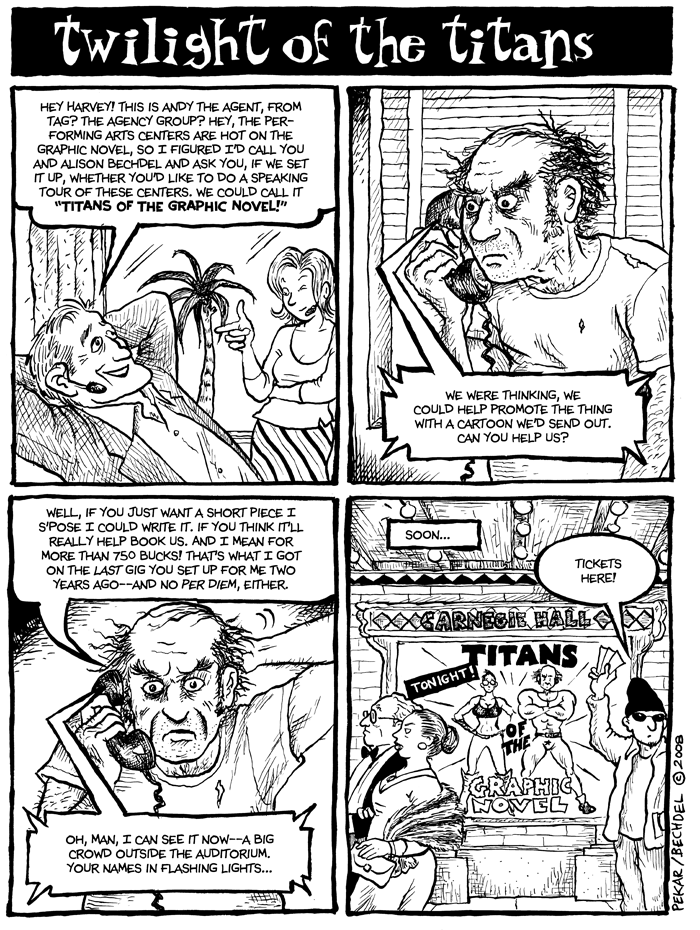

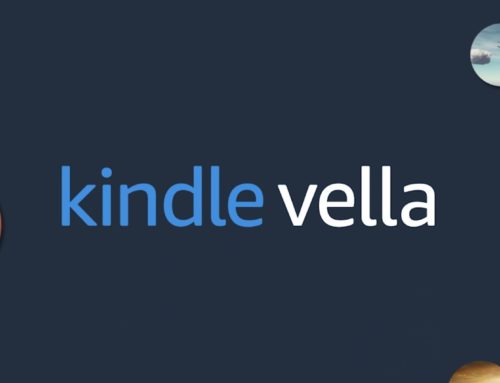



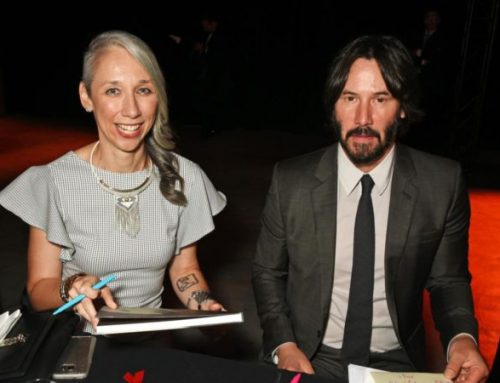


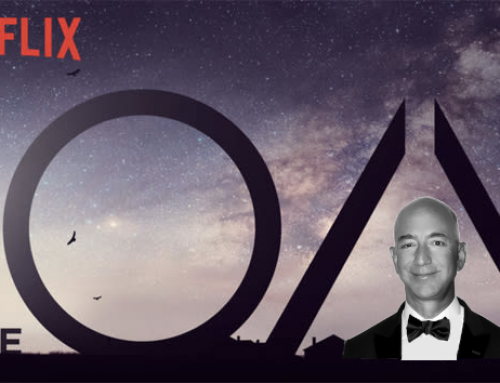
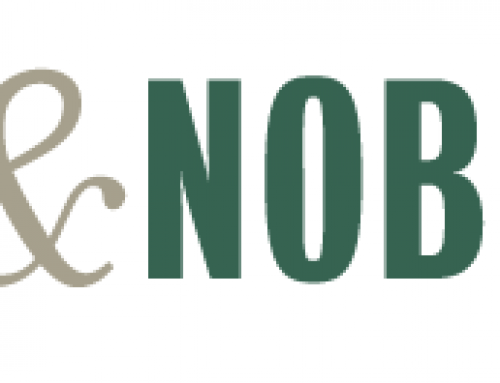




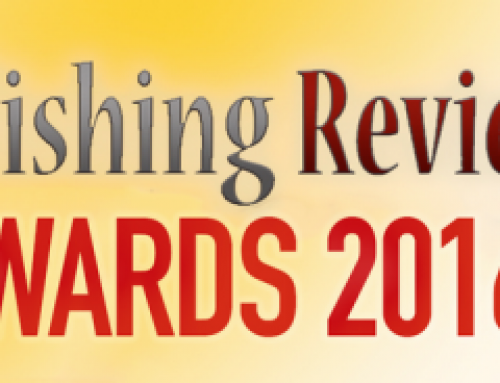
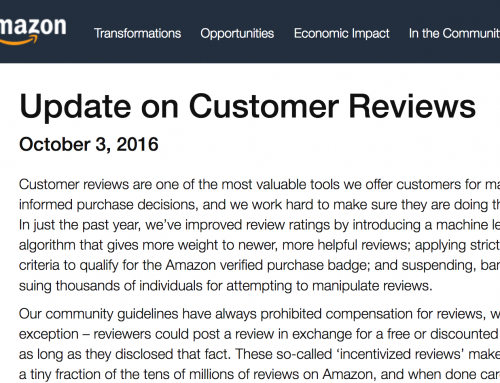
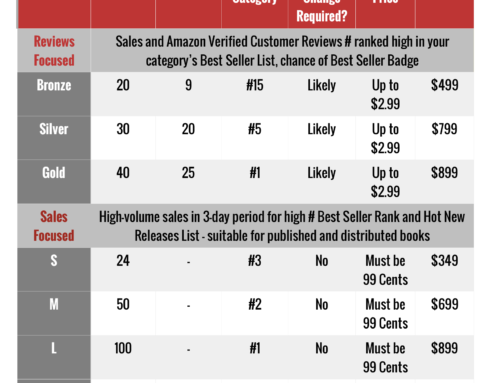
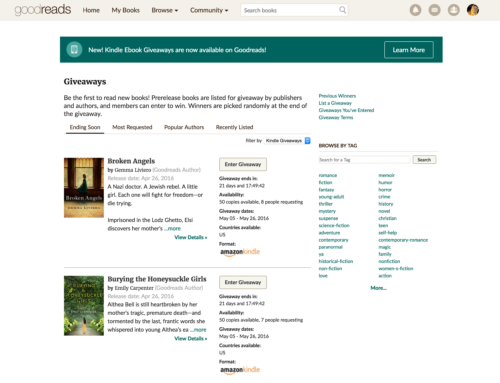


>>>By contrast there are more viable small-press “prose” publishers who don’t really provide an alternative to genre work.
Yeah, there it is. Aside from Soft Skull Press, off the top of my head, the impression I’ve gotten from smaller publishers is that they really want to grow into bigger publishers — that is, from the start, what they put out is the same stuff you could have gotten from a major house. As the Big 6 continue to shed writers, maybe this distinction will become more apparent, with the Big 6 being seen as the “TV networks” of publishing versus smaller publishers who are the “cable channels.”